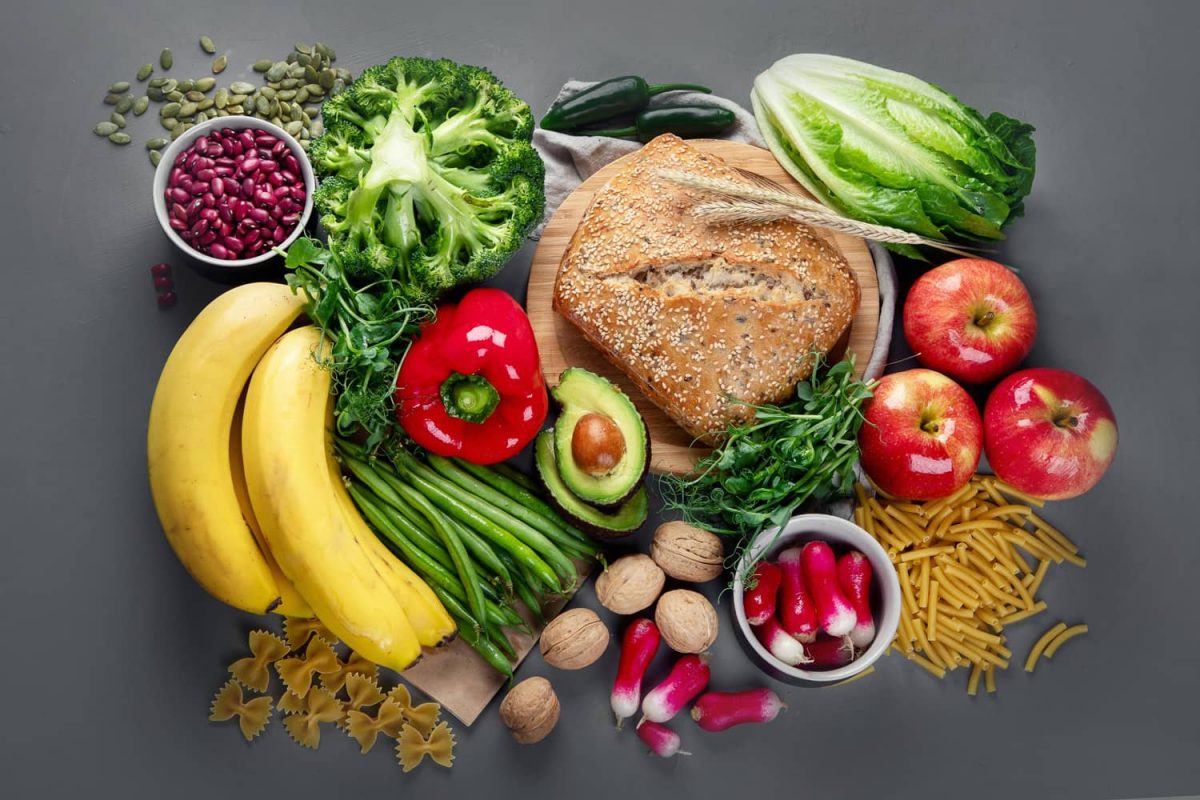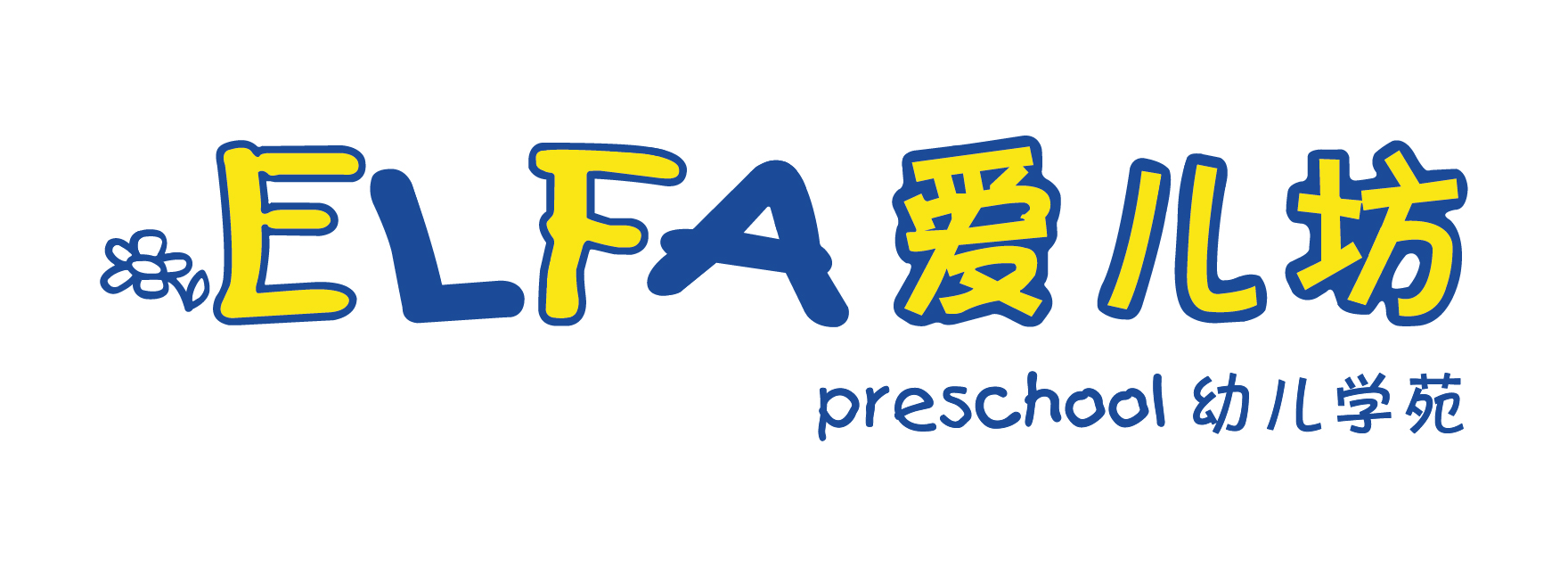
Meal time should always be the happiest time for growing toddlers!
Parents with a newborn will often question what to feed their babies once they turn six months old. It is very natural to feel anxious while trying to learn what are the best food for your baby, especially for first-time mums and dads. ELFA speaks to our in-house Nutritionist to understand what is best for your little one’s tummy and cognitive development.
Adequate nutrition during infancy and early childhood is essential to ensure healthy growth and development and boost young children’s immunity. Insufficient nutrition in a child’s early years has possible effects on cognition, behaviour and productivity throughout the school years and adulthood.
There are various essential nutrients that a growing child will require for different developmental functions. Here are some quick tips to share:
- For cognitive and motor development – Iron and iodine
- For learning and brain development – DHA
- For brain functions – Choline, folic acid, zinc
In this article, we will uncover five t nutritional tips to serve your growing child better.
1. Reduce Sugar, Reduce Sodium
The Health Promotion Board (HPB) has regularly encouraged the consumption of food and drinks that are lower in sugar and sodium. And that is all for greater health! We carry the same mindset when planning and providing meals for our toddlers and children at ELFA.
High sodium (or salt) can be damaging to immature kidneys as the kidneys are not able to excrete the high salt load. Similarly, sugar may lead to several health issues, such as childhood obesity and diabetes in adulthood. It is also bad for a baby’s emerging teeth.
ELFA highly recommends that children below 12 months old abstain from sugar and salt. In our children’s menu, salt is replaced with minimal soya sauce and aromatics like garlic, ginger and onion to naturally elevate the flavour of the meals served. A minimal amount of sugar is used for cooking dessert soups such as green and red bean soups within the HPB guideline.
Do be mindful of how many fruits your child eats in one sitting. Naturally occurring sugars found in fruits are still sugars. Too much of a good thing may not always be beneficial.

Healthier food can be equally appetising – it is just how ELFA serves it!
2. A right balance of iron
Do you know that iron plays an essential role in your child’s growth? Iron is crucial for brain development and regulates the child’s ability to pay attention, which is crucial for learning. It is also needed to carry oxygen throughout the body to ensure healthy tissue growth. From the 4th month onwards, your baby’s demand for iron increases as he/she grows rapidly. Sufficient iron is required for the body to produce haemoglobin, providing oxygen that spurs the growth of tissues and organs.
ELFA serves at least one source of iron in our children’s daily meals. Iron can be found in beans, dark green leafy vegetables, iron-fortified cereals, fish, chicken, goji berry and raisins. Menus are complemented with food rich in Vitamin C, such as carrots, papayas, berries, cauliflowers and tomatoes to enhance iron absorption in our babies.
However, if there is an excessive iron intake, side effects such as decreased growth, impaired cognitive and motor development, diarrhoea and increased harmful bacteria in the gut could occur.

Iron has effects on healthier body, sharper mind
3. Fibre for gentle tummy (since 2019)
Were there occasions where you find your baby having difficulty passing motion? When babies start weaning, parents may find that baby’s stools will take a more solid form as more food are introduced. The solution is fibre.
Fibre helps to keep stools comfortable and easy to pass. Parents can provide children with whole grains such as wholemeal bread, cereals, oats, barley, corn, fruits, carrots, beans and vegetables. Two to three servings of fibre-rich food are recommended for children from 12 months and two years old.
At ELFA, we introduce wholemeal pasta or brown rice in our children’s diet to ensure they obtain enough fibre. We also intentionally serve apples with skin on as that is a source of high fibre. So, remember, leave the apple skin on!

Serve your growing child a good mix of high-fibre vegetable and fruits
4. Start Antioxidant Young
What exactly does antioxidant do? Antioxidants reduce oxidative stress and inflammation and support memory growth and function. Too much oxidative stress can damage cells, proteins, and DNA, which could translate to psychiatric disorders, developmental disorders, or attention deficits such as ADHD in children.
Antioxidants come in various forms – Vitamin C, Vitamin E, carotenoid (beta-carotene, lycopene, lutein), selenium, flavonoids, and anthocyanins. Generally, colourful fruits and vegetables such as berries (strawberries, blueberries, goji berries), broccoli, spinach and beans are good sources of antioxidants. Hence, always remember to give a good mix in variety. ELFA serves our growing ones antioxidant-rich food – for better immunity and healthier growth, it is no wonder our children always have smiles on their faces.

Keeping children healthy will naturally keep them smiling
5. Heavy metals – What are they?
Heavy metals sound like a heavy topic, especially when balancing them in baby’s diet. Excessive amounts of heavy metals can be toxic to the developing brain and nervous system. In the long run, it could affect children’s learning abilities and attention span leading to lower academic achievements, permanent loss of IQ and behavioural problems (such as ADHD).
However, heavy metals can be found in many Asians’ daily intake since it is found predominantly in rice-based foods and root vegetables. Going organic may not be the solution as it does not address these heavy metals contaminants. So, how can we reduce a baby’s intake of heavy metals?
The latest research has shown that the leading source of heavy metal exposure is in rice- and root vegetable-based products. ELFA’s menu replaced rice-based staple food with other grain cereals such as oatmeal, quinoa and multigrain. The nutrition intake will not be compromised, and they are found to contain much lesser heavy metals than rice.
Root vegetables, despite the high heavy metal levels, provide other essential nutrients too. Instead of eliminating them from your child’s diet, mix in a variety of root vegetables and include other forms of vegetables such as cauliflower, pumpkin and broccoli.
In conclusion, feed in moderation and provide various nutritious food for your child’s balanced diet and healthier growth! If you are concerned about how the preschool can help, why not speak to ELFA to find out more!
